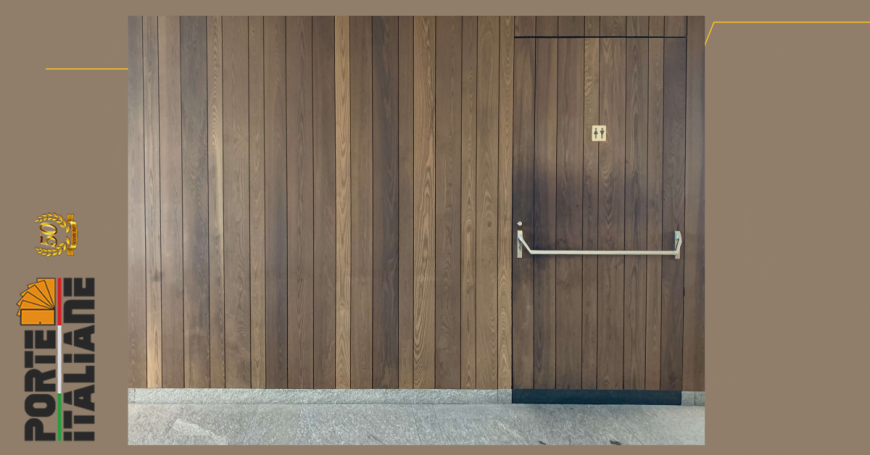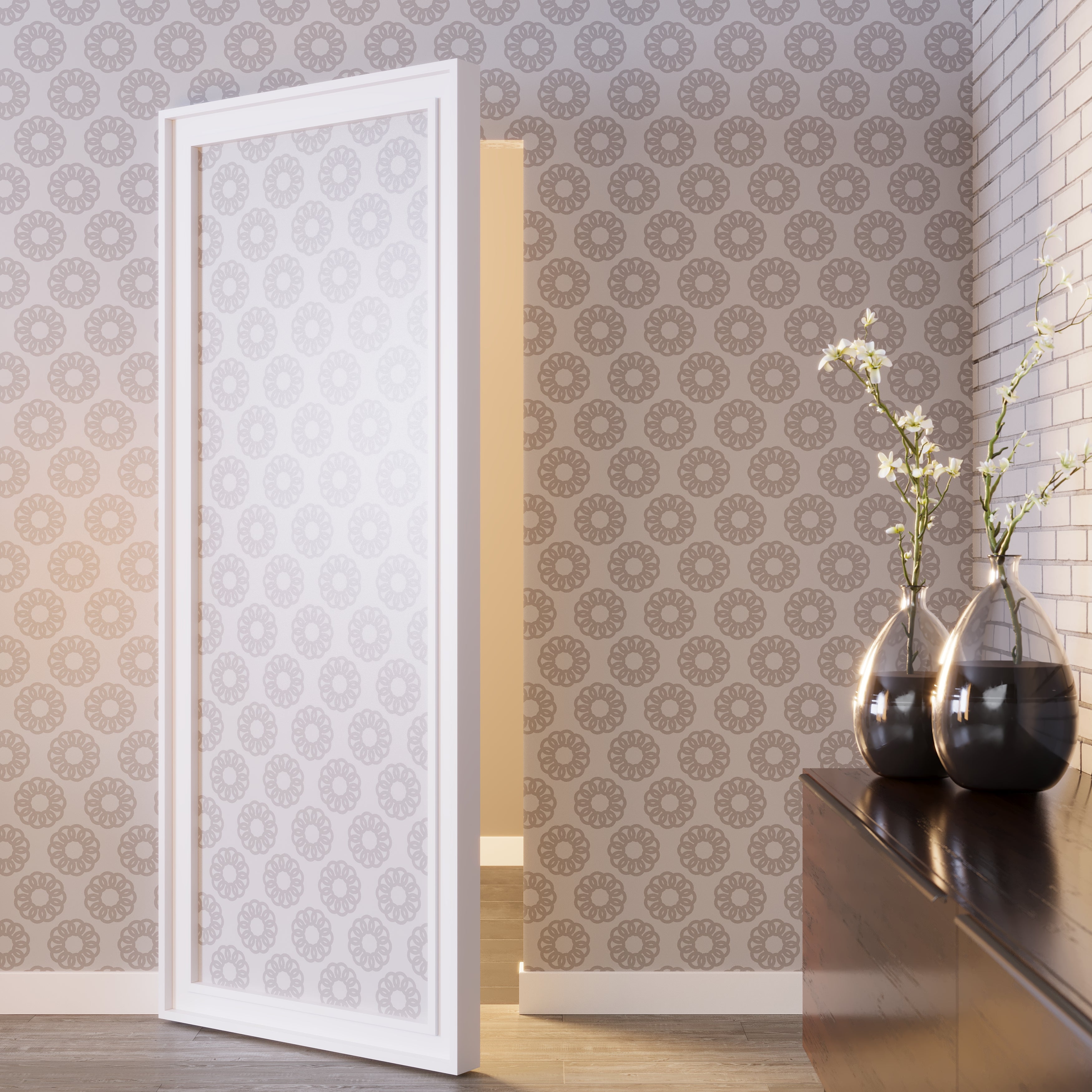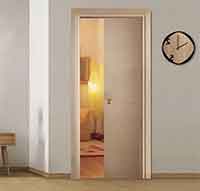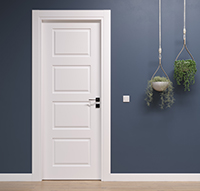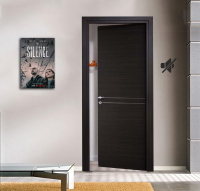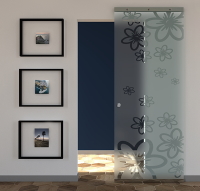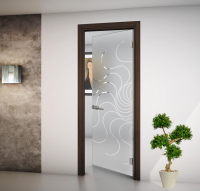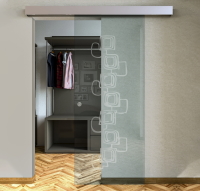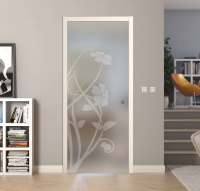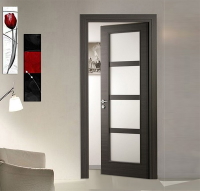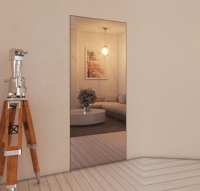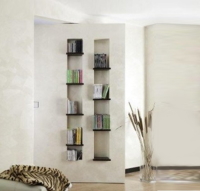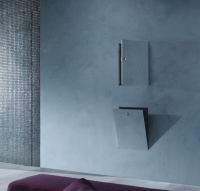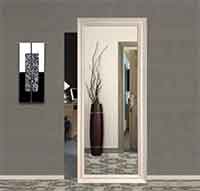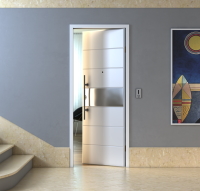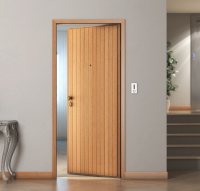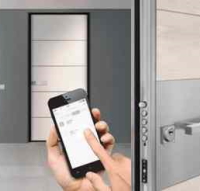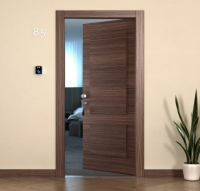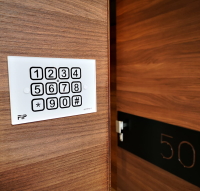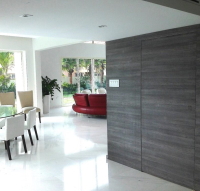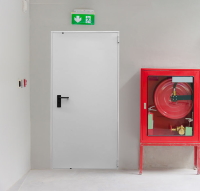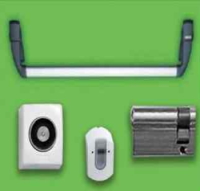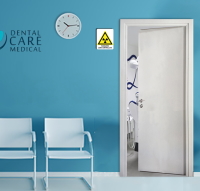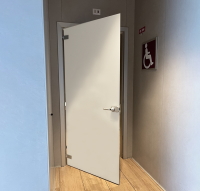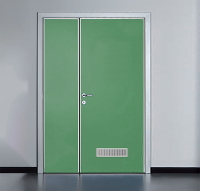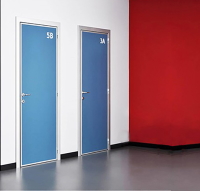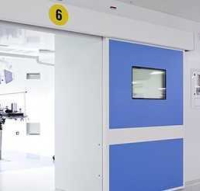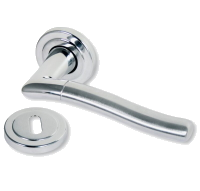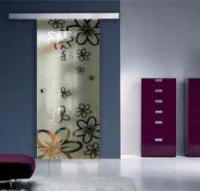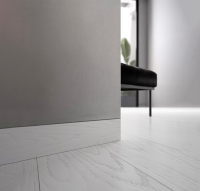doors rei maintenance obligations of UNI 11473.1
Why are the inspection and maintenance of rei doors essential?
Why are the inspection and maintenance of rei doors essential?
The control and maintenance of rei doors are necessary, because it is of fundamental importance to verify the efficiency and correct functionality, in order to protect the safety of people.
Furthermore;
1) is a specific legal obligation.
2) despite having installed certified fire doors, you are always responsible for their correct functioning.
This is to ensure:
-The safeguarding and protection of people;
-The safeguarding and protection of assets;
- Safeguarding and protecting the environment.
Consequently, correct maintenance plays a fundamental role in ensuring that these requirements are maintained over time.
The standard to be followed for maintenance is UNI 11473-1, which establishes routine checks and any extraordinary checks to be carried out on fire doors. This standard does not go into specifics, as each type of door has its own characteristics and components.
- However, it defines procedural aspects and the necessary checks to determine the efficiency of the closure and its components and accessories.
- For the installer it indicates how to approach the installation both from a procedural / organizational point of view and from an operational / practical one.
It also specifies which preliminary and final checks must be carried out, therefore it contains all the requirements of knowledge, skills and competence of the installer and maintenance technician.
1) The ordinary maintenance of the rei fire door has the purpose of ensuring the conservation of the initial state of the door, therefore it consists in examining and eliminating any defects and / or anomalies present.
It is necessary to carry out a periodic check at least twice a year, in order to verify that the door works correctly and safely, according to point 7.7 of UNI 11473-1.
Specifically, the mandatory checks to be carried out are the following:
-Check of the presence of the plate, that is the conformity mark, provided by the manufacturer;
- Check the integrity, operation, fixing, lubrication and position of the hinges;
-Control of closing coordination;
-Check of the gaskets, their painting, anchoring and completeness;
-Check for any alterations in the initial state, such as: sagging, corrosion, cracks etc.
- Control of opening smoothness, control of all the elements that guarantee correct fluidity, therefore pins, cables, chains, counterweights and pulleys;
-Check of greasing / oiling or possible oil leaks, inspection of all components of the lock.
Subsequently, the inspector is required to check the complete functionality of the rei 120 or rei 60 fire door, in its entirety.
At the end of the check, the service or intervention report is compiled and released, and the maintenance card renewed.
In the absence of maintenance, the door may lose its correct functionality and consequently, not comply with the safety standards established by UNI 11473-1.
Some of the more common problems are:
- Mechanical damage or damage to the anchoring system;
- Oxidation or deformation of the door or frame;
- Modifications by means of unsuitable materials;
- Lack of gaskets;
- Dirt or debris, caused by lack of cleaning.
It is important that all technicians know in depth which procedures and which actions can ensure performance that meets both the technical regulations in force and the standards of good technique that a quality service requires.
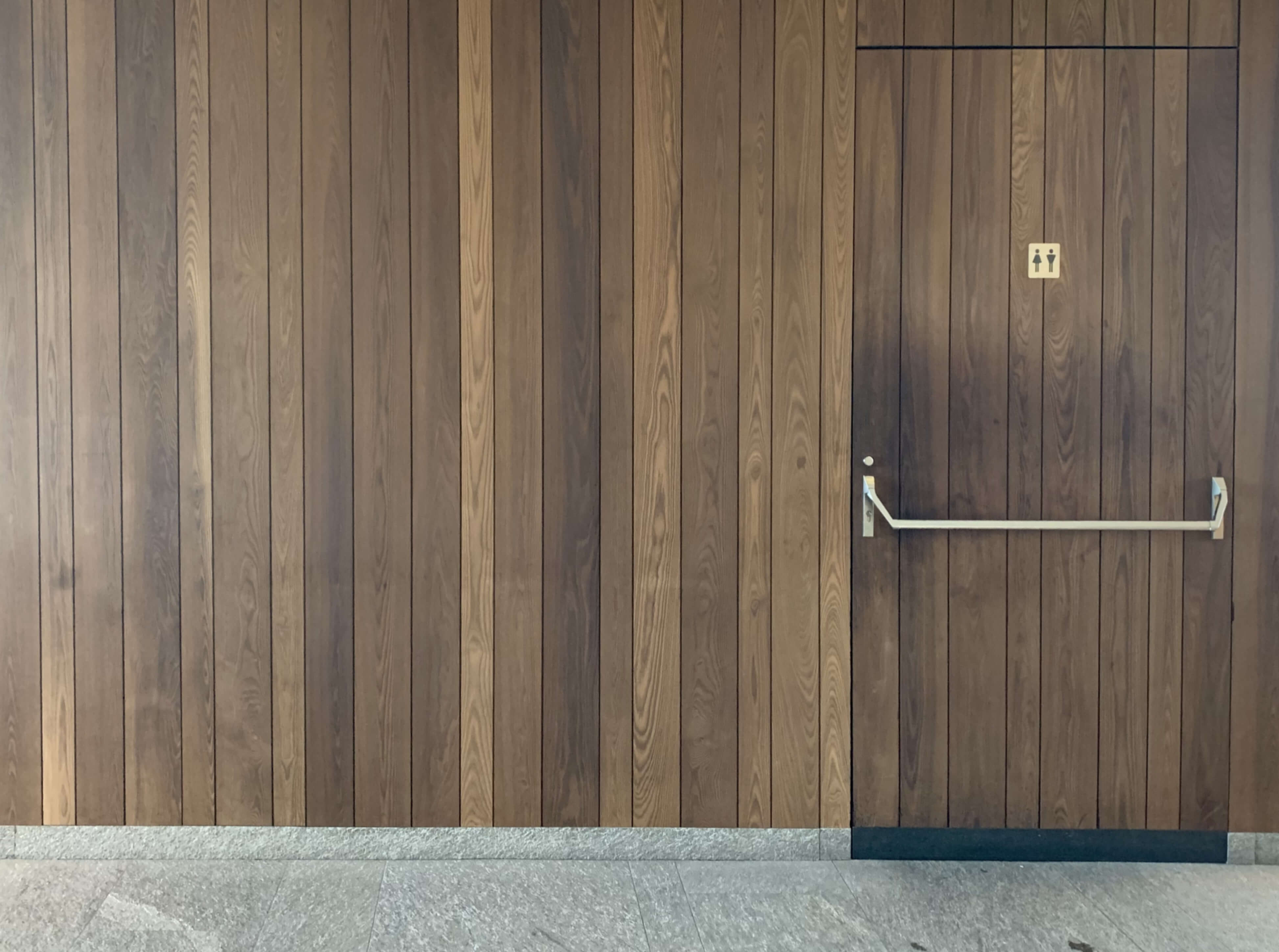
Therefore, a good technician must be able to verify that the doors:
- have a functioning door opening system;
- they are not damaged and that the gaskets are intact;
- close regularly;
- they rotate freely and, in the presence of the self-closing device, this actually operates;
- if equipped with an automatic closing device, they have efficient devices.
Extraordinary maintenance is performed only in the event of detected non-conformities and consists of an intervention that requires means of particular importance, special equipment or tools, or that involves the replacement of entire parts of the system or overhaul and replacement of entire sections.


